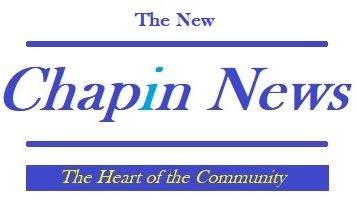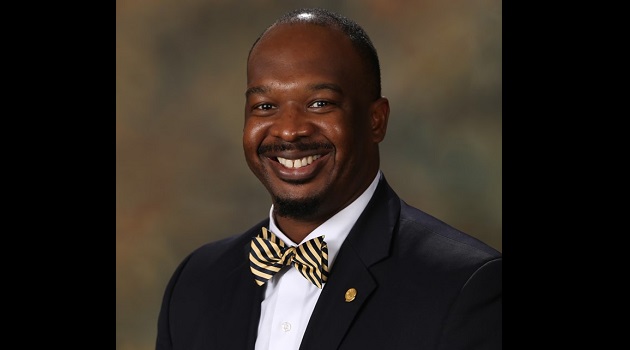By Akil E. Ross, Ed.D.
Superintendent
When I joined Rotary International, one of the world’s largest service organizations, I received a card printed with “The Four Way Test.” This card serves as a reminder for Rotarians of four principles in their thoughts, words, and actions. The first test is: Is it the Truth?
In today’s information age, answering that question has become increasingly difficult. Our students are learning in the information age with continuous access to terabytes of data. We are bombarded by mass media with a constant stream of news, while social media algorithms curate the information we receive but is this information always the truth?
How can we differentiate between subjective narratives and objective accounts to find the truth?The philosopher Socrates is credited with saying, “The highest form of human excellence is to question oneself and others.” Teachers use the Socratic Method with students to help them deepen their understanding of the material by constantly challenging their assumptions and perspectives through questioning.
As you hear stories about our schools, teachers, and students, ask yourself, “Is it the truth?” In the fourth chapter of his second letter to the missionary Timothy, the Apostle Paul warned,
“They will turn their ears away from the truth and turn aside to myths (NIV).” As a result, I may not be able to change narratives about public education or our school district. I will, however, present data outlining our financial situation, allowing readers to determine the truth for themselves.
Since August 11, 2021, I have publicly shared our request to improve school infrastructure in order to better prepare our children for their futures. In August 2023, a third-party architectural and engineering firm completed a facilities conditions assessment, identifying $182,141,490.92 in necessary facility improvements. SC Code of Laws §59-19-90(1) states that the board of trustees shall also:
“Provide schoolhouses. Provide suitable schoolhouses in its district and make them comfortable, paying due regard to any schoolhouse already built or site procured, as well as to all other circumstances proper to be considered so as best to promote the educational interest of the districts.”
School District Five has decided to address these deficiencies. To understand why a bond referendum was put before the voters, I will share our operational income and expenses for the 2023-24 school year.
Our school district has two funding sources to meet its needs. The operating budget is used to operate the school district for one year. The state provides 64 percent of the operating revenue, while local operating millage (property tax) contributes 35 percent. Grant revenue accounts for one percent of the revenue. Last year, the operating expenses from these three sources amounted to $215,000,304.17 (unaudited). How did we spend these funds? Salaries and benefits are 88 percent of the operating budget, meaning that only 12 cents of each dollar received is divided between utilities, purchased services, supplies, and equipment (the audit report will be released in December 2024).

After the conclusion of the facility assessment, we received an average of 584 repair requests from our schools per month last year. Given our financial position, how can the school district effectively address its infrastructural needs? One option is the School Bond Act.
The School Bond Act permits school districts to borrow up to 8 percent of the total assessed value of the tax district to repair, equip, renovate, and construct facilities. A second tax is levied to service the debt on those bonds over multiple years. The eight percent bond capacity of our school district is $52,689,115.76, and 88 percent of that capacity is currently allocated for repairing buildings and rebuilding Irmo High School. As a result, our school district decided to borrow beyond the eight percent limit, which requires a bond referendum, yet limit the borrowing to an amount that would not increase the debt service tax rate to pay off the debt. The SC Revenue & Fiscal Affairs Office has property tax FAQ for your assistance.
https://rfa.sc.gov/data-research/local-government/property-tax/property-FAQ
If the referendum were $400 million or more, we would need to increase the debt service tax rate to repay this debt. Our board decided to place a referendum question to the voters that would generate $240 million for safety, infrastructure, and educational priorities. You can learn more about the projects at www.lexrich5.org/bond.
There is a narrative that the debt service tax could decrease without a bond referendum and still provide funding to improve all of its infrastructure. Is this the truth? You have the data and information to make your own decision.



